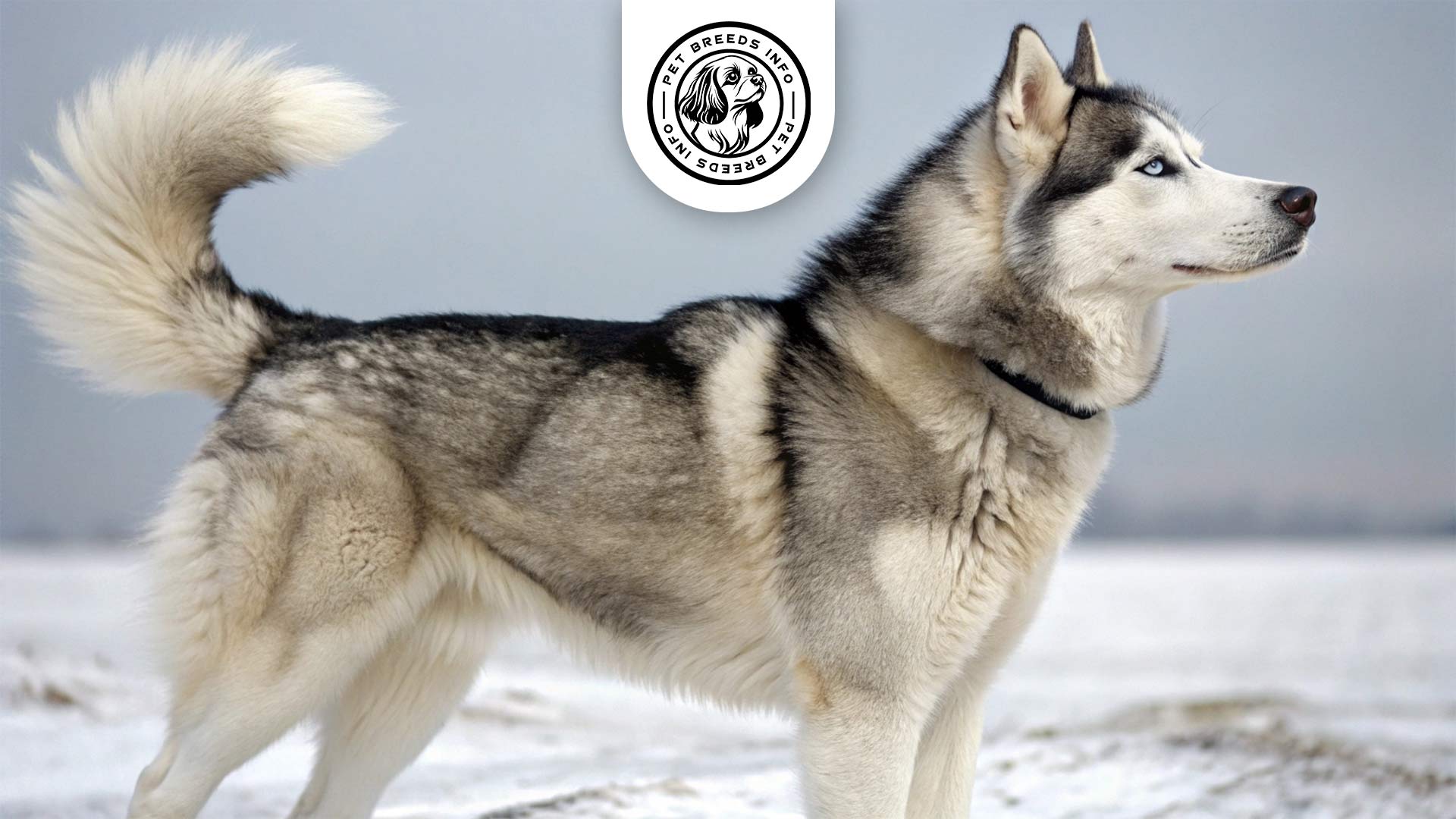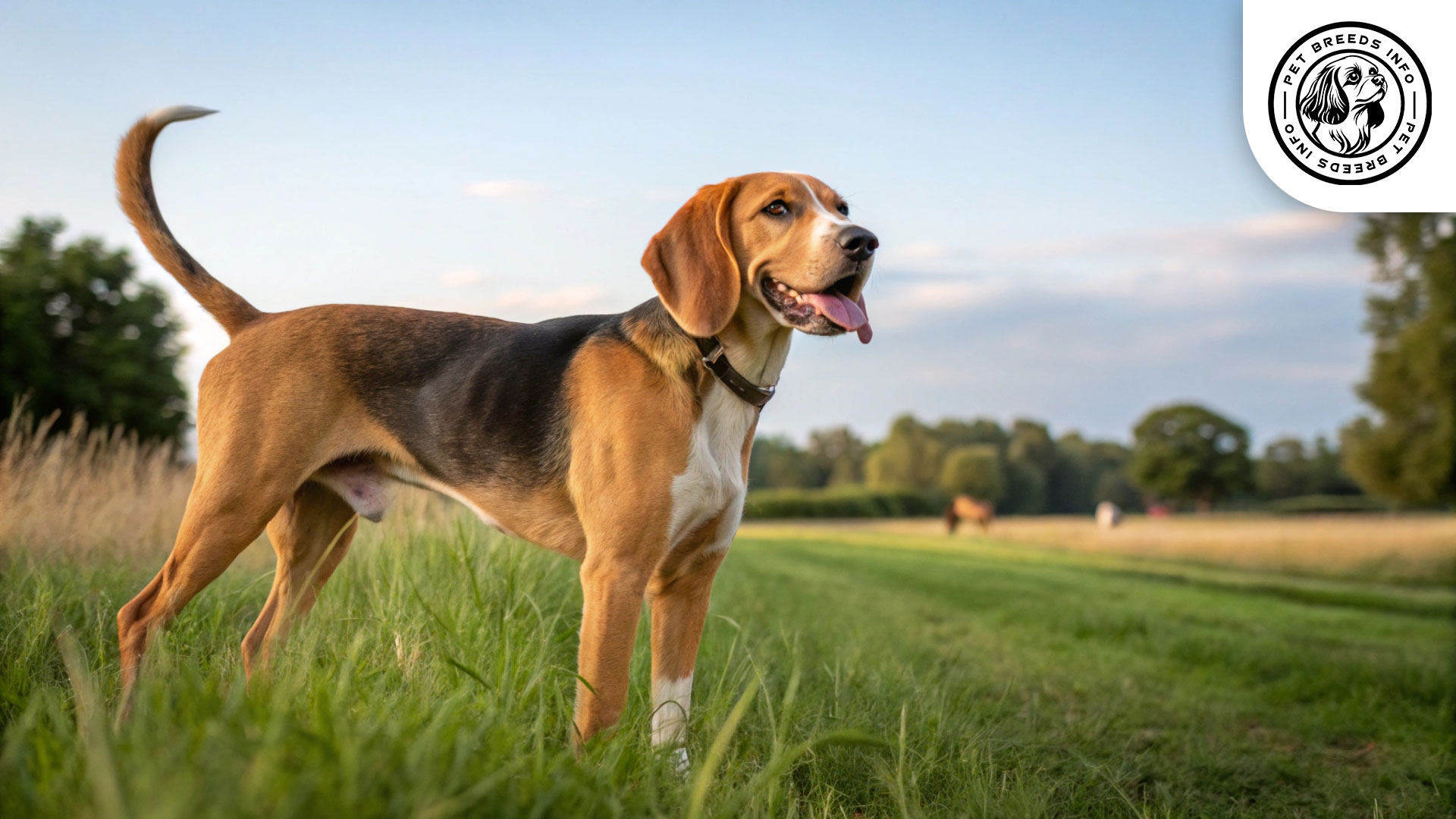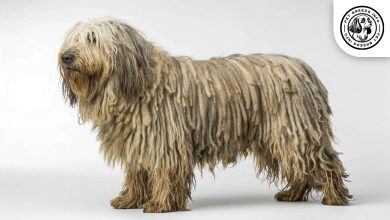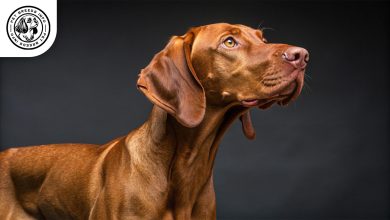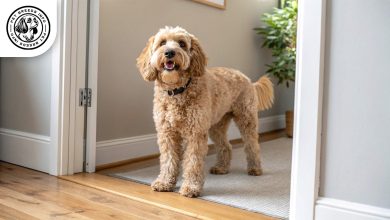Siberian Husky Dog Breed: Size, Health, Price & Personality
General Introduction of the Breed
The Siberian Husky, known as “Сибирский хаски” in Russian, is a beautiful and energetic dog breed originally developed by the Chukchi people of Siberia, Russia. This breed was primarily bred for pulling sleds over long distances in harsh Arctic conditions. The Siberian Husky gained popularity in the early 20th century when they became known for their endurance and speed in sled racing and exploration.
Table of Contents
| Color | Variety of colors: black, white, gray, red, sable, and combinations. |
| Weight | Males: 45-60 lbs (20-27 kg); Females: 35-50 lbs (16-23 kg) |
| Lifespan | 12-15 years |
| Diet | High-quality dry kibble, raw food, or combination; high in protein and healthy fats. |
| Care | Daily exercise, regular brushing, occasional bathing, nail trimming, ear cleaning, dental hygiene. |
| Health | Prone to hip dysplasia, PRA, cataracts. Regular vet check-ups and vaccinations. |
| Nature | Intelligent, independent, energetic, affectionate, friendly, social. |
| Price | $600 – $1,500 (puppy); adoption is a more affordable option. |
Physical Characteristics
The Siberian Husky is a medium-sized working dog with a strong and athletic build. Males typically weigh between 45 and 60 pounds (20 to 27 kg) and stand 21 to 23.5 inches (53 to 60 cm) tall. Females are slightly smaller, weighing between 35 and 50 pounds (16 to 23 kg) and standing 20 to 22 inches (50 to 56 cm) tall.
Their dense double coat provides insulation against extreme temperatures and comes in a variety of colors, including black, white, gray, red, and sable. Their eyes are one of their most striking features, often blue, brown, or even one of each (heterochromia). Their ears are erect and triangular, while their bushy tails curl slightly over their backs.
Read More: Scottish Terrier Dog
Personality and Temperament
The Siberian Husky is highly intelligent but can also be independent and stubborn, making training a challenge for inexperienced owners. They have high energy levels and require plenty of exercise and mental stimulation. Huskies are affectionate with their families but not overly clingy, as they maintain a certain level of independence.
They are friendly and social dogs that generally get along well with people, including children, although supervision is required due to their playful nature. They may not be the best choice for households with small pets, as their prey drive can be strong.
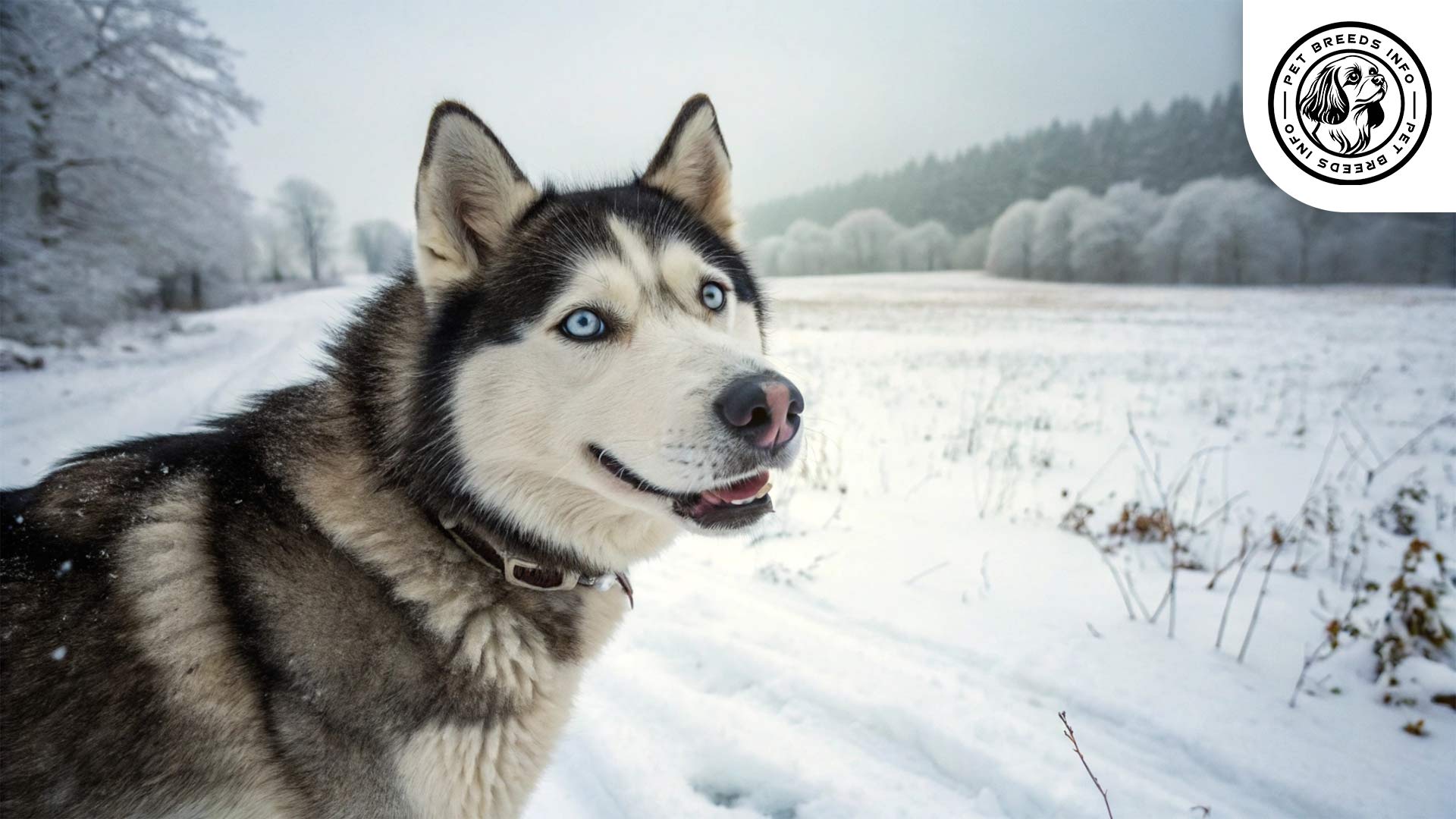
Care and Maintenance Requirements
Siberian Huskies need daily exercise, including long walks, runs, or playtime in a securely fenced yard. They are not well-suited for apartment living unless they receive sufficient physical and mental stimulation.
Their thick coats shed heavily, especially during seasonal coat changes. Regular brushing is necessary to control shedding. Due to their Arctic origins, they handle cold weather well but can struggle in hot climates, requiring shaded areas and plenty of water.
Routine hygiene care includes occasional bathing, nail trimming, ear cleaning, and dental hygiene maintenance.
Diet and Nutrition
A well-balanced diet is essential for a Siberian Husky’s health. High-quality dry kibble, raw food, or a combination diet works well for this breed. Foods rich in protein and healthy fats support their active lifestyle.
Owners should avoid feeding Huskies chocolate, onions, grapes, and other toxic foods. Portion control is vital to preventing obesity, with typical feeding twice daily.
Read More: Skye Terrier Dog
Health and Common Medical Issues
Siberian Huskies are generally healthy but can be prone to genetic conditions such as hip dysplasia, progressive retinal atrophy (PRA), and cataracts. Regular vet check-ups and vaccinations help maintain their overall health.
The breed has an average lifespan of 12 to 15 years.
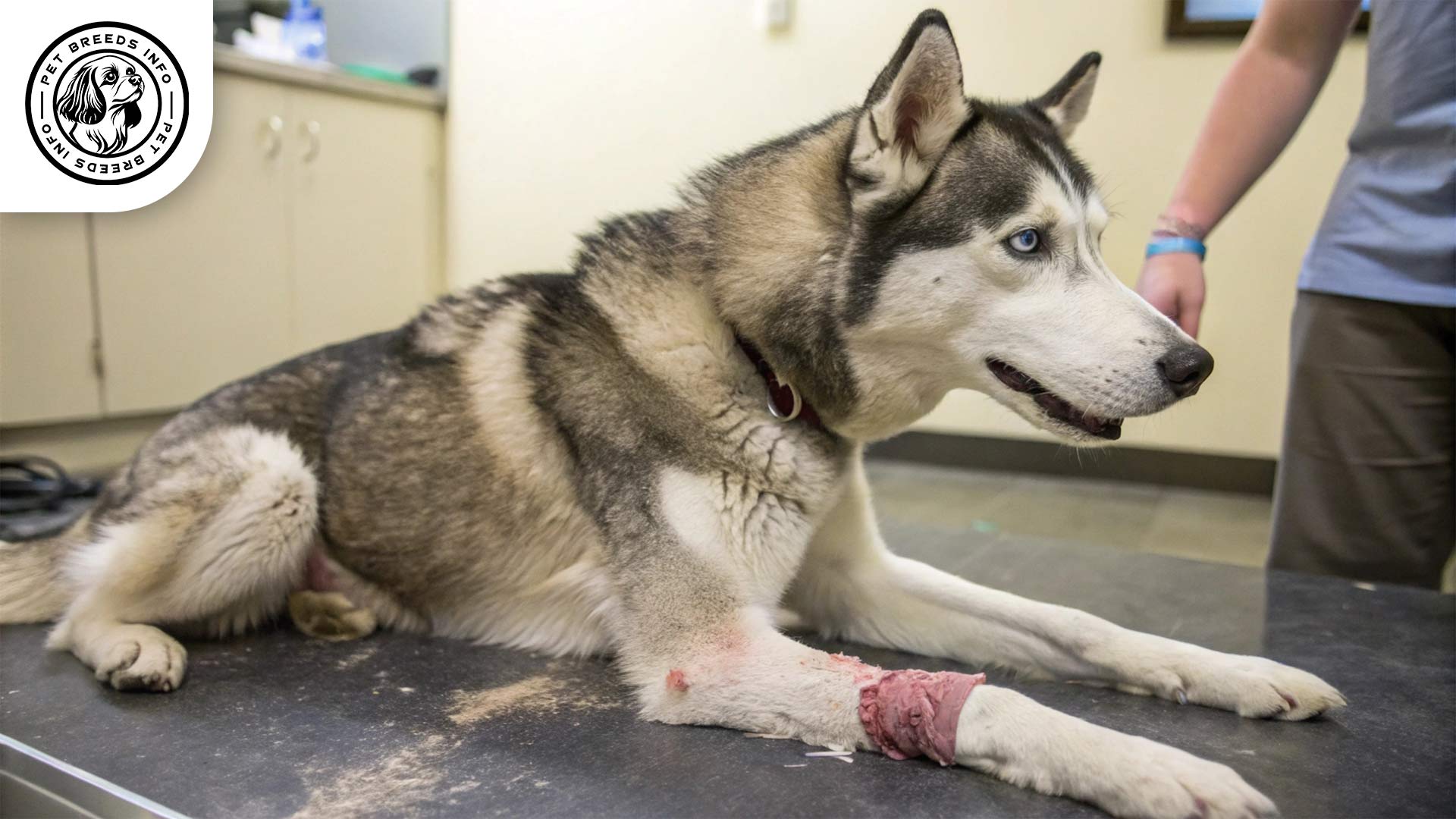
Training and Behavior Management
Training a Siberian Husky requires patience and consistency. They respond well to positive reinforcement methods such as rewards and praise. Early socialization and obedience training are essential to managing their strong-willed nature.
Since they can be escape artists, leash training and a secure yard are necessary.
Interaction with Other Animals and Humans
Siberian Huskies tend to be friendly toward children, but their high energy can sometimes be overwhelming for small kids. They usually enjoy the company of other dogs but may have issues coexisting with smaller animals due to their prey drive.
They are well-suited for families and active individuals who can provide regular companionship and exercise.
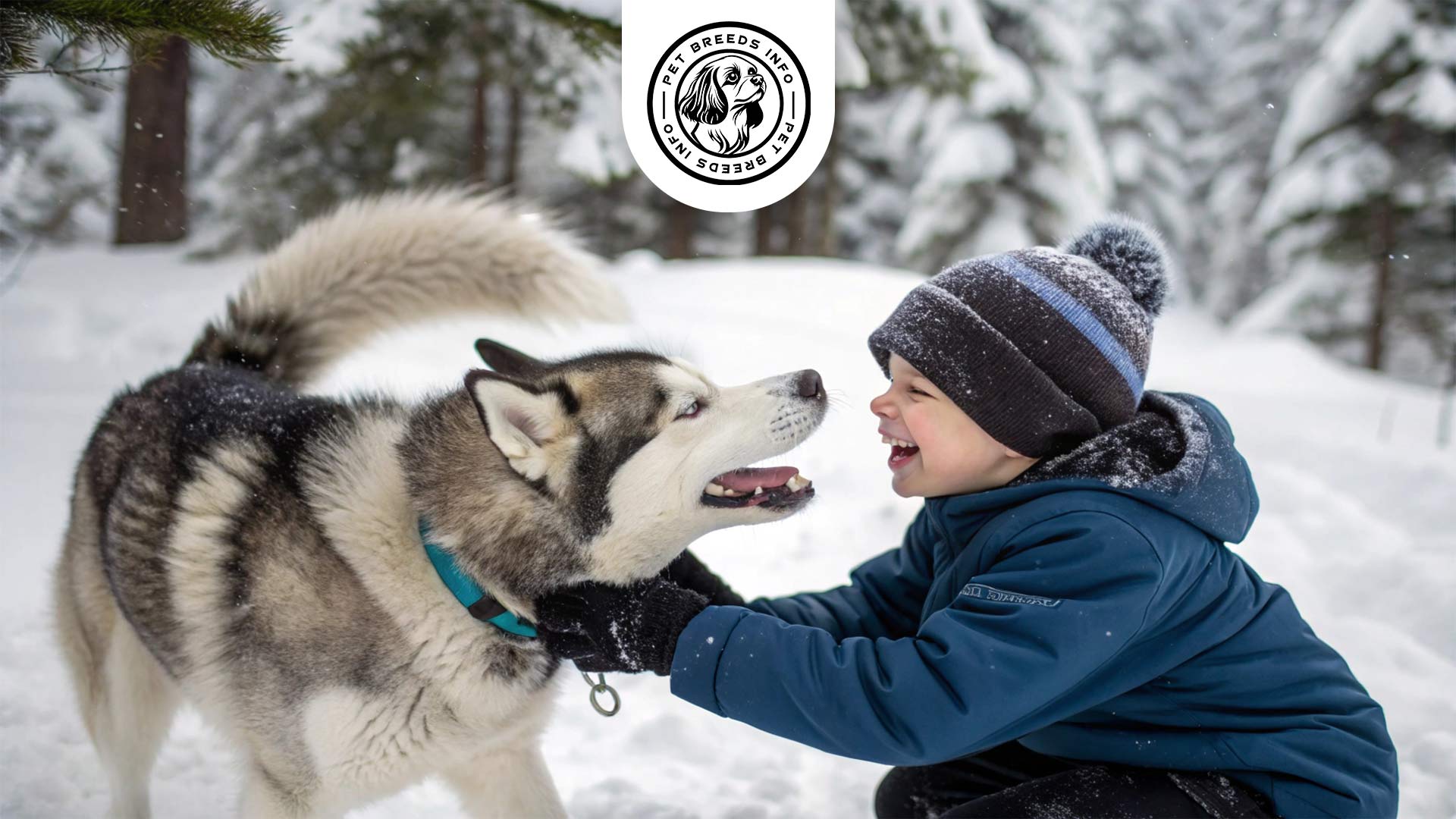
Price and Availability
The cost of a Siberian Husky puppy varies but typically ranges from $600 to $1,500, depending on the breeder’s reputation, location, and the dog’s lineage. Adoption from shelters or rescue organizations can be a more affordable and ethical option.
Prospective owners should choose reputable breeders who perform health testing and provide proper care for their dogs.
Read More: Sealyham Terrier Dog
Conclusion and Final Thoughts
The Siberian Husky is a striking, intelligent, and active breed that thrives with owners who can meet its exercise and care needs. They are unsuitable for first-time dog owners who are unprepared for their independent nature and high energy.
Ideal for families or individuals with an active lifestyle, Siberian Huskies require regular training, socialization, and grooming. If you’re looking for a loyal and adventurous companion, the Siberian Husky may be the perfect choice.
FAQ
Are Siberian Huskies suitable for apartment living?
Siberian Huskies are not ideally suited for apartment living due to their high energy levels. They require ample space and daily exercise, such as long walks, runs, or playtime in a securely fenced yard.
Are Siberian Huskies good with children?
Yes, Siberian Huskies tend to be friendly toward children. However, their high energy can sometimes be overwhelming for small kids, so supervision is recommended.
Is it expensive to take care of Siberian Huskies?
The cost of a Siberian Husky puppy typically ranges from $600 to $1,500, depending on the breeder. Additionally, you’ll need to factor in costs for food, vet care, grooming, and training. Adoption from shelters or rescue organizations can be a more affordable option.
Do Siberian Huskies shed a lot?
Yes, Siberian Huskies have a thick double coat that sheds heavily, especially during seasonal coat changes. Regular brushing is necessary to control shedding.
Is it easy to train Siberian Huskies?
Siberian Huskies are intelligent but can be independent and strong-willed, making training a challenge for inexperienced owners. They respond well to positive reinforcement methods and require consistent training.
